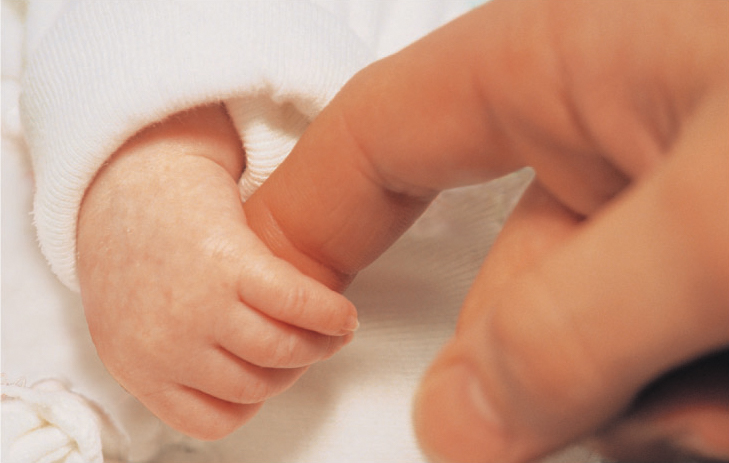
Infant journal is the leading UK publication for the multidisciplinary team that cares for vulnerable sick or premature babies in their first year of life. Published bi-monthly, the journal contains authoritative articles with a clinical or practical bias written by experts in their field.
Abstracts of all articles are freely accessible by using the site search, or by browsing back issues. The full text of articles published from 2005 until November 2022 are available free of charge.
Current issue: November/December 2024
Shanvir Mann, Gee-Na Beeston, Simon Clark
Rukhsar Osman, Yaser Abdallah
Charu Bhatia, Antonieo Balraj, Abinaya Seenivasan
Open access:
From the November 2022 edition
FREE Human milk oligosaccharides and necrotising enterocolitis
Kristina Chmelova, Andrea C Masi, Janet E Berrington
Human milk is known to reduce the risk of necrotising enterocolitis (NEC) in preterm infants, but mechanisms are poorly understood. Human milk oligosaccharides (HMOs) are complex sugars produced by the mammary gland and present in variable amounts in different breast milks. Animal models show HMOs impact on development of NEC and human
preterm infant studies show a specific HMO, called
disialyllacto-N-tetraose (DSLNT), is present in maternal milk in lower amounts in infants who go on to develop NEC. This article reviews the role of HMOs in NEC development and the clinical data in preterm infants, and considers the possible next steps for supplementation in preterm infants.
FREE pCO2 variation in elective transfers of infants on non-invasive respiratory support
Catarina Couto, Mira Parmar, Julia Arthur, Samantha O’Hare, Sue Broster
FREE Introducing the new neonatal Operational Delivery Network speech and language therapists
Jo Marks, Zoe Gordon, Katy Parnell
FREE Necrotising enterocolitis in a preterm infant with late-onset group B streptococcus sepsis and meningitis
Dyanne Imo-Ivoke, Joanna M Preece
Free monthly news by email
Simply add your email address to our list.
Supplements and Advances in Practice
Here, freely available for download, are the sponsored supplements and Advances in Practice guides published by Infant.
If you are interested in sponsoring a future topic, please consult our advertising pages.

Supplier Guide
Our supplier guide provides a searchable database of companies involved in supporting the care of sick and premature infants, grouped by product or service category. You can search by an area of activity, company name or by a combination of these.
SPONSORSHIPS
AVAILABLE NOW
The eleven main sectors of our Supplier Guide are available for sponsorship. See more details on our advertising page.
In the latest news...








